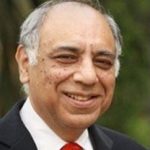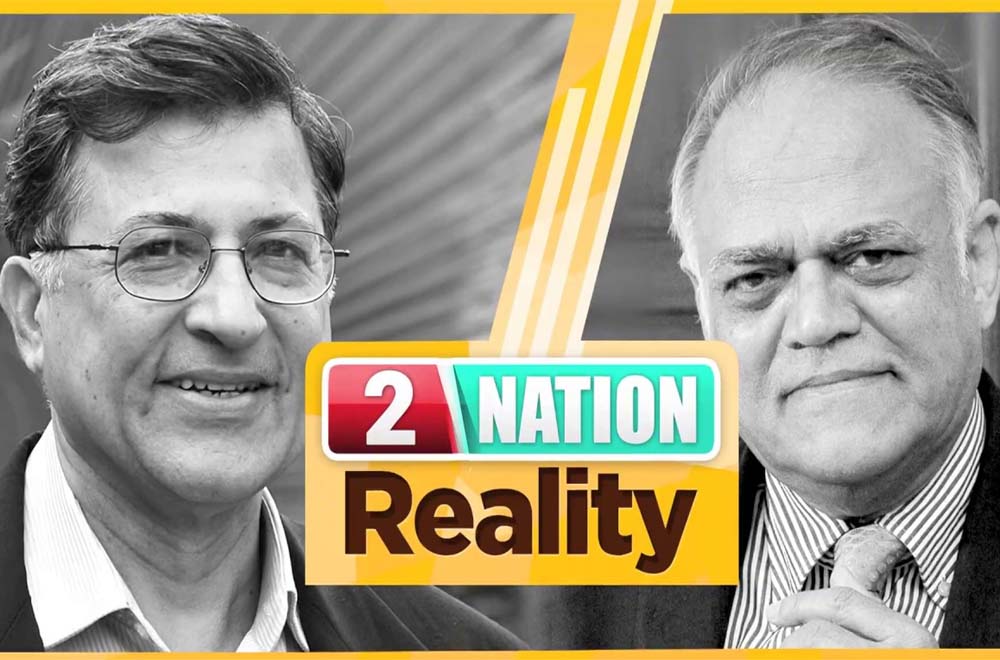In response to Mr. Hoodbhoy’s contention that ‘We mistreated Bengalis, considered them lesser people, exploited them and massacred them’, Mr. Jabbar admits ‘Massacre of thousands of Bengalis’, but with implicit bias he argues ‘Should we forget those tens of thousands of children, women, men, who without weapons were also massacred only because they were West Pakistanis’.
By Anjum Altaf
Pervez Hoodbhoy: We mistreated the Bengalis, we thought of them as lesser people, we exploited them, and then we massacred them.
Javed Jabbar: The massacres that occurred in which thousands of Bengali brethren were killed were unpardonable. Should we forget – Should we forget those tens of thousands of children, women, men, who without weapons were also massacred only because they were West Pakistanis? Should we forget?
Analysis
Mr. Jabbar has conceded the case by accepting that the “massacres” that occurred in East Pakistan were “unpardonable.” But then he has offered a mitigating argument that we should not forget the West Pakistanis who were also killed.
This attempt to equate two negatives does not make them equal. Recall, Mr. Jabbar’s defense of the Two-Nation-Theory in Round 2 where he seeks to assign blame to the side that initiated the theory. He should be consistent and apply the same principle in this case too. The aggravation was all on the side of the West Pakistanis, first with the resort to the One Unit Scheme in 1955 and then with the negation of the electoral verdict in 1971 in which the party from the majority province had earned the right to rule in a fair election.
Note also the implicit bias in Mr. Jabbar’s statement when he enumerates the deaths on the two sides — “thousands” of Bengalis versus “tens of thousands” of West Pakistanis when, by all accounts, the count was overwhelmingly the other way around.
Note also the emotionalism in the argument — Bengali “brethren” “killed” as opposed to “children, women, men” “without weapons” “massacred”. This, when the overwhelming weapon power was in the hands of the West Pakistanis!
It could be argued that this tragedy was a direct outcome of the confusion that prevailed at the time of the movement for Pakistan, as asserted by Dr. Hoodbhoy in Round 1. Till the very end there was confusion as to whether the demand was for two independent states or one and it was allegiance to the Two-Nation-Theory that tilted the balance towards an unsustainable outcome as prescient statesmen like Maulana Azad were quick to predict.
(This is part of the series of articles, a detailed analysis of former Minister and Senator Javed Jabbar’s video he had released in response to a speech of Prof. Dr. Pervez Hoodbhoy at a literary festival in Karachi. The Preamble of the analysis can be read by clicking here. For rest of the rounds, click here.)
 The writer has PhD from Stanford University. He was a Dean at the Lahore University of Management Sciences (LUMS) and Provost at Habib University in Karachi.
The writer has PhD from Stanford University. He was a Dean at the Lahore University of Management Sciences (LUMS) and Provost at Habib University in Karachi.
 The writer has PhD from Stanford University. He was a Dean at the Lahore University of Management Sciences (LUMS) and Provost at Habib University in Karachi.
The writer has PhD from Stanford University. He was a Dean at the Lahore University of Management Sciences (LUMS) and Provost at Habib University in Karachi.

